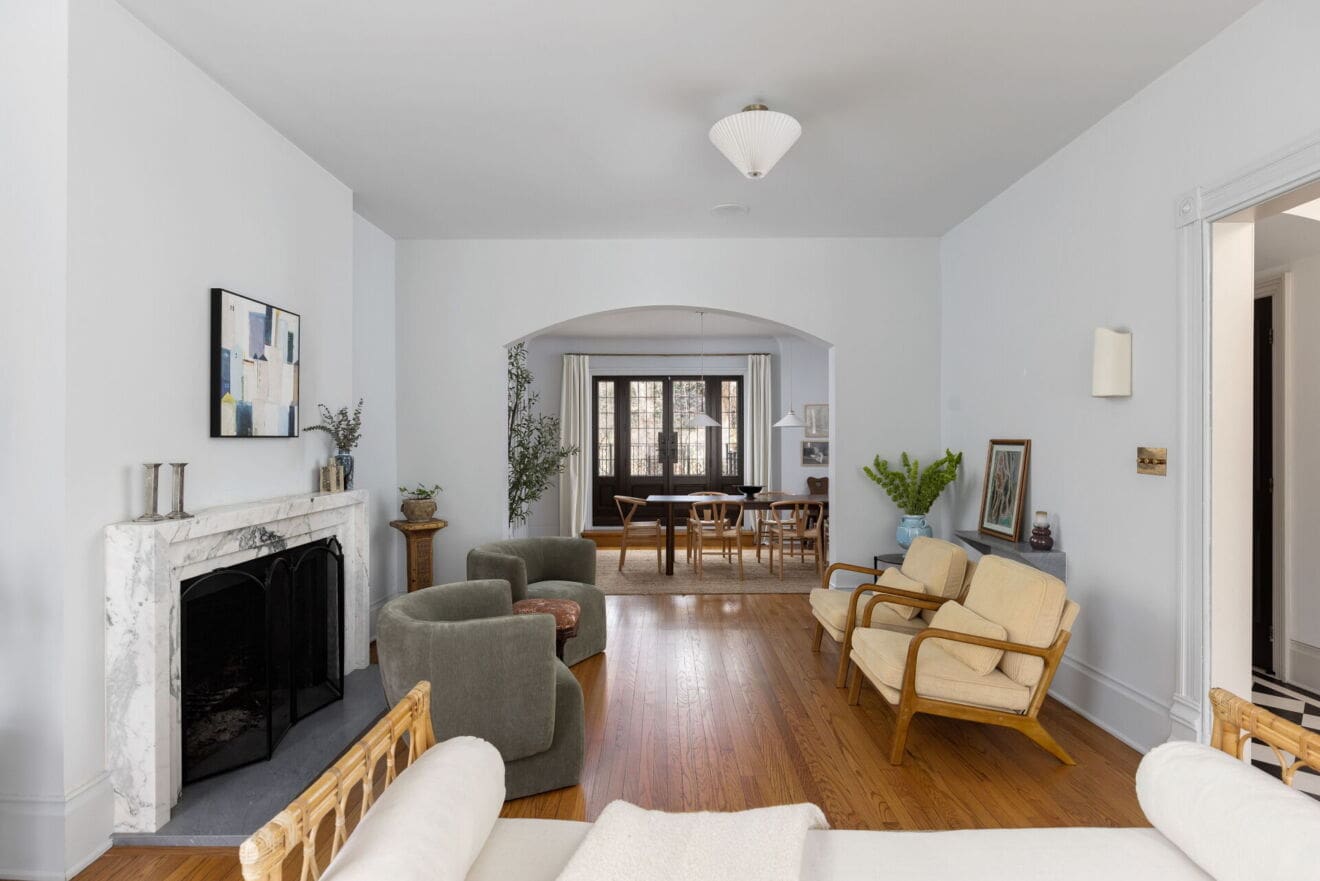
Forgetting to plan for closing costs is one of the most common mistakes buyers make in their real estate purchase plan. When planning for your home purchase budget, you’ll want to have an accurate picture of the additional costs you’ll have to pay. Some of these costs may include land transfer taxes, title insurance, property valuation fees, home inspection fees, and legal fees.
Closing Costs: An Overview
Closing costs typically range from 1.5% to 4% of the purchase price of your new home and consist of the legal and administrative costs you will need to pay when your house closes. In addition to closing costs, there are other expenses and/or events that may require a cash outlay before, on or after your house closes. We will outline these in detail to ensure these often-unexpected costs do not sneak up on you.
Costs Required Before Your Mortgage Closes
Home Inspection Fee: We highly recommend you and your realtor insist on a home inspection as a condition of your Offer to Purchase. A home inspector will assemble a report on the condition of the home for a fee of around $500, depending on the complexities of the inspection.
Deposit: A deposit that counts towards your down payment is required when you make an Offer to Purchase. A deposit will show the seller you are a serious and committed buyer. It signals that you have the financial means to make the purchase and you’re comfortable taking on some level of risk until the deal closes. Unlike your down payment, there is no minimum required amount for the deposit.
Costs Financed in Your Mortgage
Mortgage default insurance: If you purchase a house with less than a 20% down payment, you will be required to buy mortgage default insurance, commonly referred to as CMHC insurance. This protects the lender in the case the borrower, defaults on the loan.
Mandatory Closing Costs Covered by the Home Buyer
Here is a list of closing costs that will be incurred by you, the buyer:
- Land Transfer Tax: Calculated as a percentage of the purchase price of your home, all provinces have a Land Transfer Tax (LTT) payable on closing, with the amount varying in each province. Some cities, such as Toronto, also have a municipal LTT.
- Legal Fees and Disbursements: You can expect to incur a minimum of $500 (plus GST/HST) on legal fees, which account for the preparation and recording of official documents.
- Title Insurance: Today, most lenders require title insurance to protect against losses in the event of a property ownership dispute. This is purchased through your lawyer/notary and costs $100 – $300.
- HST on CMHC insurance: Though CMHC insurance itself is financed through the mortgage, HST on the insurance must be paid in cash at the time of close.
The following is a list of closing costs that are incurred by some home buyers as they are only applicable to certain properties
Septic tank:If you are purchasing a house and it has a septic tank, it should also be tested to ensure it is in good working order.
Water Tests:If the home you intend to purchase has a well, you will want to test the quality of the water and ensure there is an adequate supply, as well if the water is potable. You can negotiate these costs with the previous owner and list them in your Offer to Purchase.
Status Certificate Fee: A certificate fee may be payable if you are buying a condominium or strata unit and could cost up to $100.
Other Costs to Consider:
Appraisal Fee: An appraisal, which is an estimate on the value of your home, is sometimes covered by your mortgage lender – otherwise, it’s a cost you’ll need to incur as well. An appraisal is performed to certify the lender of the resale value of the home in the case you default on the mortgage. The cost is usually between $250 and $350.
Property Insurance: Property insurance, which covers the cost of replacing your home and its contents, must be in place on closing day. This insurance is often paid in monthly or annual premiums.
Prepaid Utility Bills: You may need to reimburse the previous owner of your property for prepaid costs such as property taxes, utilities and so forth.
Property taxes: Property tax is calculated as a percentage of your home value, varies by municipality and must be paid each year. You may need to reimburse the previous property owner if he/she has already paid property taxes for the full year. You are also given the option to set-up an automatic payment plan with your lender.
Closing Day
Closing Day is the day you finally take legal possession of your home. It’s important the bulk of your administration is completed by this point including transferring your down payment to your lawyer. Transferring down payment funds, especially from your RRSP can take time, and should be done several days before close.
On closing date, the following events will take place:
- Your lender will provide the mortgage funds to your lawyer/notary.
- You must provide, your down payment less the deposit, to your lawyer/notary along with the closing costs.
- Your lawyer/notary pays the previous owner, registers the home in your name, and gives you the deed and keys to your new home.
Depending on the type of home you are purchasing and where it is located, there may be additional fees associated with your new home. We didn’t touch on hook-up fees for cable/internet, moving costs, etc. but these should be taken into consideration in order to give you a well-rounded budget for your purchase.

TRB Education Hub
Get the real estate resources you need to succeed. Visit our education hub for market insights, guides, podcasts and more.




